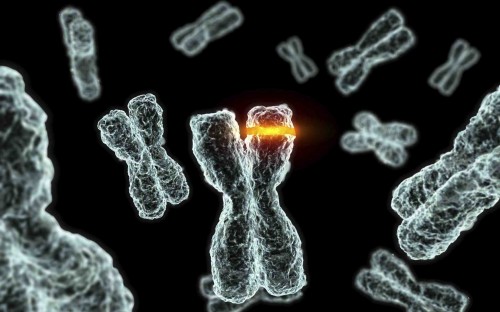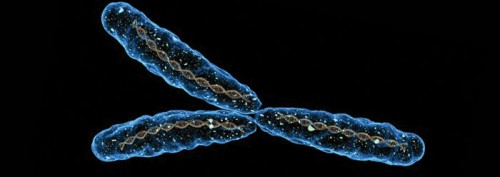
If a 300 million year trend continues, the Y chromosome may just find itself on the path to extinction. The male sex chromosome and its X counterpart were initially identical, but over the course of millennia, the Y has lost hundreds of genes. Some suggest that if this pattern persists, the Y chromosome may completely disappear from the genomic map in five to ten million years.
Recent research, however, has suggested otherwise. A study by Dr. Jennifer Hughes at the Whitehead Institute compared the Y chromosome sequence of the chimpanzee, which differs from humans by six million years of evolution, to that of the rhesus monkey, which differs by 25 million years. Surprisingly, the Y chromosome has undergone no changes over the past six million years, and it has lost only one gene in 25 million years. In other words, it looks like gene loss has reached an asymptote.
Gene sequencing has also provided an additional insight: While the Y chromosome’s genetic content has not changed in the past 25 million years, it has lost large sections of repeated DNA sequences. Proponents of the Y chromosome decay theory suggest that the remaining sequences will eventually be erased as well, but others believe natural selection has preserved the genes for a reason, and that decay represents a kind of “purifying” force that will weed out all but the most essential genes.
Whether or not the Y will eventually disappear remains a controversial question, but scientists do agree on one thing: We do not know enough about the function of its genes to make a definite prediction yet. For now, it seems like Y chromosome is here to stay.


